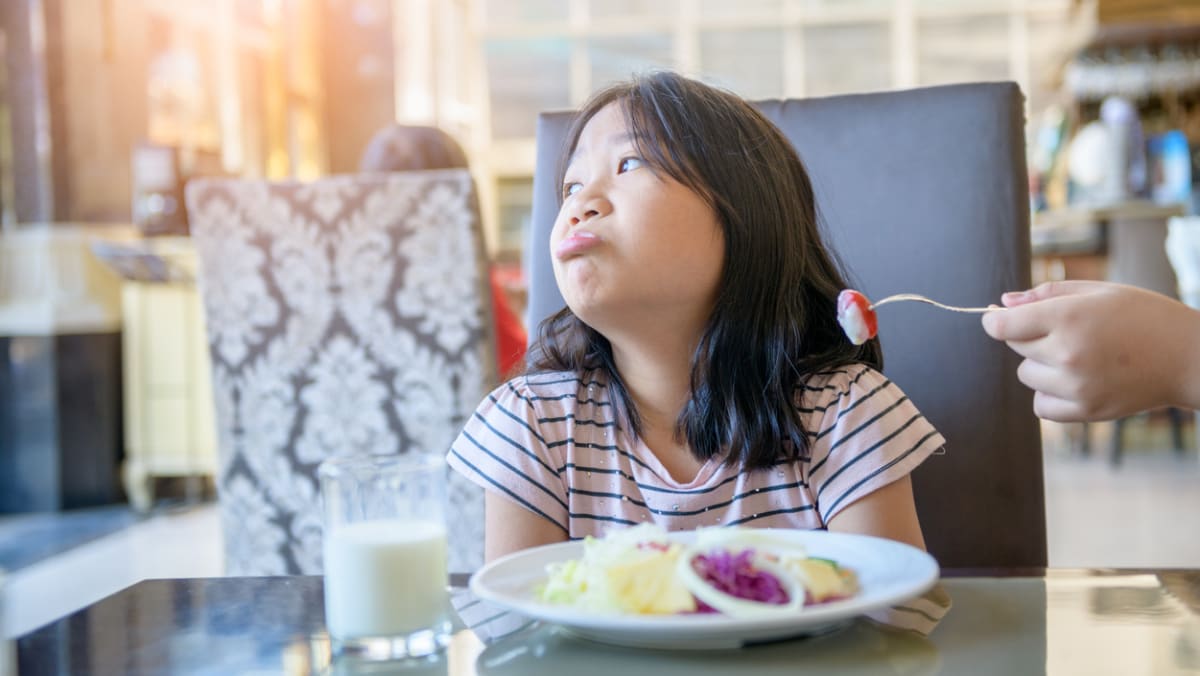Commentary: ‘Why can’t you eat like a normal person?’ Not so simple for fussy eaters
“GOOD” AND “BAD” FOODS
Food preferences can also be learnt. In eating disorders such as anorexia nervosa, people develop a lot of rules around what foods are “good” or “bad”.
Usually we attach these value judgments to low calorie or “healthy” foods. Eating these foods might make a person feel more comfortable and positive about themselves. If they eat “bad” foods, typically those high in sugar and carbohydrates, they might feel guilty and negative about their body and themselves.
When these beliefs become rigid and restrictive, re-education can help people be more flexible with their eating such as being able to eat foods without guilt. I like to talk about all foods being “good” foods and focusing on their function in and for the body. For example, sugar helps give us energy, carbohydrates help us concentrate.
We also eat in response to our emotions. We might engage in “stress eating” to distract ourselves from a pressing problem, or eat treats to reward ourselves for doing something we don’t like.
When children are given lollies, ice cream or something else they really like to eat and perhaps don’t have very often for good behaviour or an achievement, food becomes a powerful reward. The reverse action – being deprived of food, such as dessert, for poor behaviour – is also powerful.
So, the way we eat and what we eat is related to how we are feeling, who we are with, our experiences with food, our associations with particular types of foods, as well as our simple biological need for fuel and energy.
More than just a simple response to hunger, our relationship with food is a complex interplay of our emotions, our familiarity with food, our senses and our culture and upbringing.
Vivienne Lewis is Assistant Professor in Psychology at the University of Canberra. This commentary first appeared on The Conversation.
For all the latest world News Click Here

